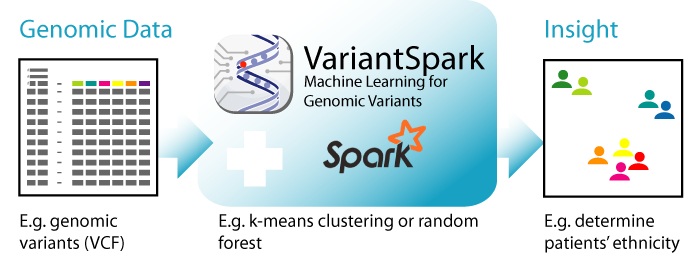About
Mission
To enable and enhance research in molecular, genetic and protein-based studies by providing bioinformatics services for the understanding of biological data.
As a Bio-Platforms Australia core facility (funded through the Biomolecular Resource Facility at the John Curtin School of Medical Research), we offer affordable bioinformatics assistance to researchers in the Canberra region, across Australia and beyond.
Our goal is to enable biologists to understand and work with data that might otherwise seem overwhelming or incomprehensible. We develop and run the latest processing and analysis pipelines, and operate dedicated bioinformatics computational hardware, which is available for the local bioinformatics community. The ABC offers consultation and custom solutions to deliver the best outcomes for research and teaching in bioinformatics.
We also offer limited entry courses and workshops covering important aspects of bioinformatics and data handling.
Who can access our services?
Our services are available to researchers at The Australian National University, the Canberra scientific community and other organisations from across Australia's education, research and medical services community.
ANU researchers can access our services at competitive rates, including no-cost assistance with writing the bioinformatics component of grant applications for work planned to be conducted by the ABC.
Our preferred partner for tertiary analysis is CSIRO Transformational Bioinformatics. You can find out more about their VariantSpark platform.

History
Formed in 2015 from existing bioinformatics teams at the Australian Phenomics Facility and the John Curtin School of Medical Research, the ABC is overseen by an independent academic panel of research biologists, statisticians, computer scientists and senior ANU stakeholders. Each team within the ABC has specialised skills such that we are able to deliver solutions for problems at any scale, from custom scripting for single-cell gene pathways analysis, to high-throughput whole-genome studies of mice and humans.
What is bioinformatics?
Bioinformatics and computational biology involve the use of techniques including applied mathematics, informatics, statistics, computer science, artificial intelligence, chemistry and biochemistry to solve biological problems usually on the molecular level. Research in computational biology often overlaps with systems biology. Major research efforts in the field include sequence alignment, gene finding, genome assembly, protein structure alignment, protein structure prediction, prediction of gene expression and protein-protein interactions, and the modelling of evolution.
From Sciencedaily and Wikipedia
